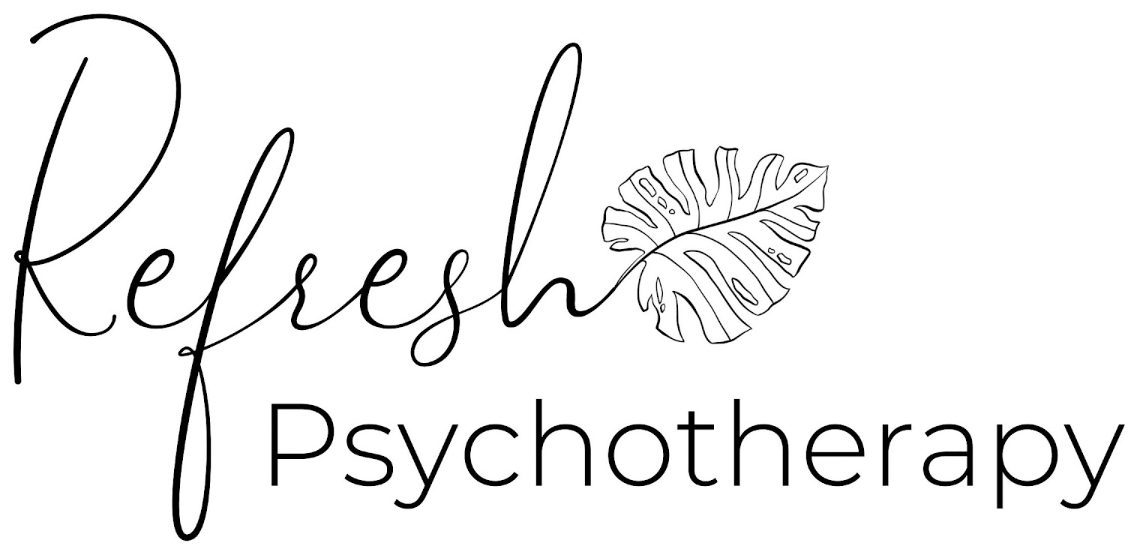
Therapy Fatigue: What to do when therapy becomes exhausting
Therapy can be rejuvenating. Therapy can be cathartic. Therapy can also be exhausting. Each session is different; some will require focus, honesty, and raw emotions, while others can be filled with humor or casual discussions. Not all sessions will produce an emotional breakthrough. The work can be a slow process, and some sessions are about creating a strong relationship between therapist and client.
The sessions that tend to be exhausting are the ones where we have to recount painful memories or process difficult emotions. Though it might just be talking, it can take a lot of energy to bring up and feel intense emotion. We often equate physical energy expenditure with pride while we avoid emotional energy expenditure at all costs. As a society, we are much more comfortable sweating after a run than crying after a therapy session. That being said, both are the result of hard work.
Whatever the trigger for exhaustion may be, it is important to keep a clear line of communication with your therapist. If you are feeling overwhelmed or flooded with emotion, share that information with your therapist. Together you can decide if you are ready to continue talking about the subject or need a break from it. Remember that you are working in collaboration with your therapist. You can speak up and say that a topic is causing you emotional exhaustion. In the end, this will benefit your work because it will give your therapist more insight into your emotional state. One of the goals of therapy is to increase wellbeing, and being upfront with your therapist is a good way to do so.
Another way to combat therapy exhaustion is to reassess your goals for therapy. New goals can be set at any time. It can be useful to assess the progress you have made towards your goals.Setting goals can give you something to work towards each week in therapy. When you see progress towards these goals, it can stave off feelings of self-doubt and exhaustion. This is a conversation that is useful to have with your therapist to make sure you are on the same page.
